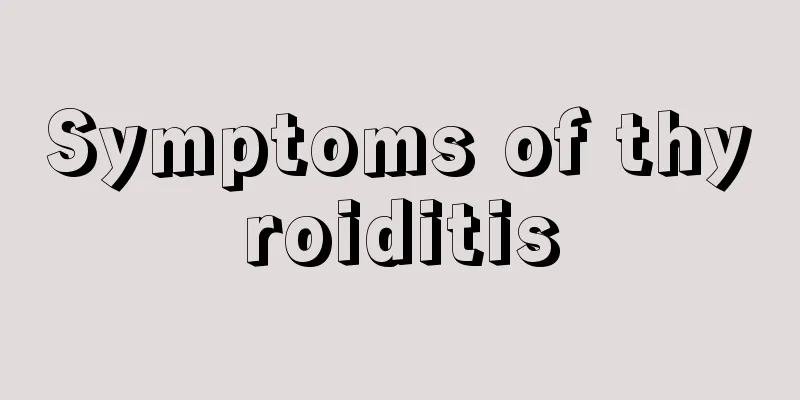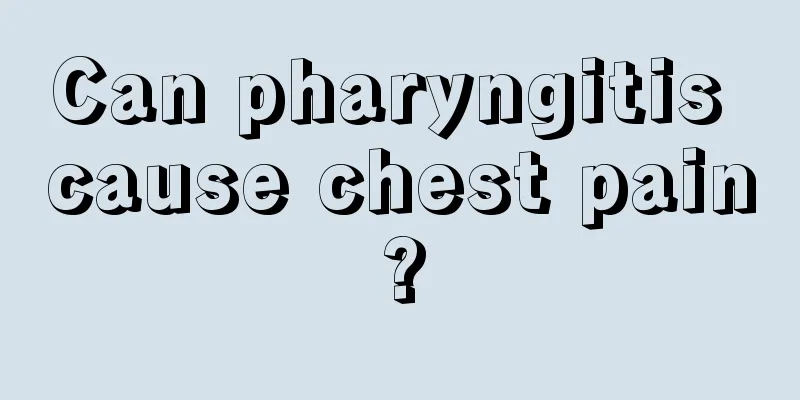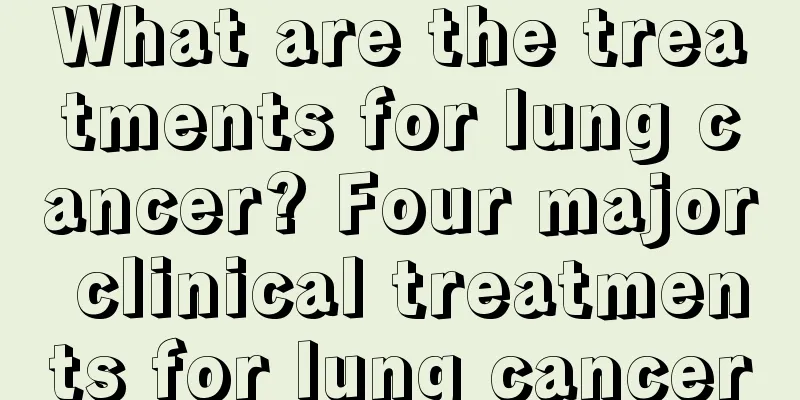Is hypothyroidism easy to cure?

|
Hypothyroidism is actually a decrease in thyroid function, which is caused by insufficient synthesis and secretion of thyroid hormones, or insufficient biological effects. It is more common in female patients. Patients often show dry skin, weight gain or some symptoms of cardiovascular diseases. 1. Hypothyroidism, also known as hypothyroidism, is a syndrome of systemic metabolic decrease caused by insufficient synthesis, secretion or biological effect of thyroid hormone due to various reasons. Its pathological characteristics are the accumulation of mucopolysaccharides in tissues and skin, and in severe cases it manifests as myxedema. The prevalence rate is about 1%, and it is more common in women. 2. Symptoms 1. Skin: dry skin, dermal mucopolysaccharide infiltration, and fluid retention. In severe cases, myxedema may occur. 2. Digestive system: decreased metabolism and weight gain. Poor taste, atrophy of gastric mucosa, and decreased gastric acid secretion. One-third of gastric parietal cell antibodies are positive, and pernicious anemia accounts for about 10%. Weakened gastrointestinal motility and constipation. 3. Cardiovascular system: decreased myocardial contractility, decreased cardiac output, and reduced exercise tolerance. In severe cases, heart failure and pericardial effusion may occur. 4. Respiratory system: hypopnea, sleep apnea. 5. Blood system: normocytic and normochromic anemia, decreased hematocrit. 6. Nervous system: expression is dull and reflexes are prolonged. 7. Reproductive system: decreased fertility and sexual desire. Women have irregular menstruation or heavy menstrual flow. 8. Other endocrine systems: hypothyroidism-primary adrenal insufficiency (Schmidt's syndrome). Pituitary hypothyroidism. 9. Other manifestations: low intermediate metabolism, reduced enzyme clearance, increased concentrations of cholesterol, triglycerides, low-density lipoprotein, and myase. If diabetes is present, the condition of diabetes will be relatively alleviated, and the dosage of insulin and oral hypoglycemic drugs will be reduced. Treatment 1. Lifelong thyroid replacement therapy Early mild cases are mainly treated with oral thyroid tablets or levothyroxine. Test thyroid function and maintain TSH within the normal range. 2. Symptomatic treatment In addition to oral thyroid tablets or levothyroxine, severe cases in the middle and late stages require symptomatic treatment such as oxygen supply, infusion, infection control, and control of heart failure. |
<<: Early symptoms and examination methods of myasthenia gravis
>>: How to effectively treat dampness and toxins on the face
Recommend
What are the benefits of drinking salt water every day
Regular consumption of iodized salt can effective...
Can walking backwards help you lose weight
Now that living standards have improved, people&#...
What to do if there is pus inside the scab
Under normal circumstances, the scab of the wound...
Where are the mandibular lymph nodes?
Under normal circumstances, lymph nodes exist in ...
What should you pay attention to in your diet for glioma
Glioma is a kind of disgusting tumor. Generally s...
Why do my fingertips go numb
My fingers are a part of my body that I use most ...
Is iron oxide harmful to human body in life?
Iron oxide is a relatively low-grade dye. It is c...
What are the symptoms of bladder cancer?
Bladder cancer is a disease with a very high inci...
What to do with allergic keratitis
Allergic keratitis is also a type of keratitis. T...
What is the reason why teeth float?
The human body is prone to some minor problems in...
Should I use aloe vera gel for red and itchy face allergies?
Aloe vera gel is a common skin care product. Redn...
What are the specific diagnostic criteria for small cell lung cancer?
Small cell lung cancer is a disease that makes pa...
Can ceramics be heated in a microwave?
Now people's living standards are getting hig...
How to draw eyebrows with an automatic eyebrow pencil
Automatic eyebrow pencil is the first choice for ...
What will happen if you are often mean to your children?
In life, there are many parents who are often mea...









